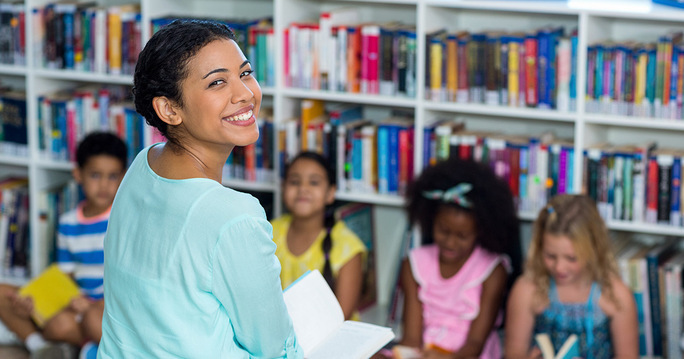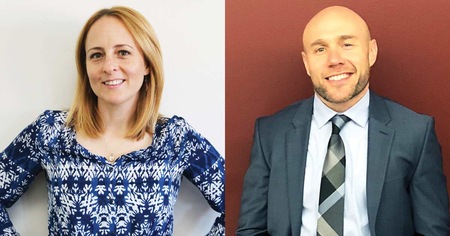These little ones needed T-ball skills: throwing, catching, hitting, the baseball basics. These skills allowed them to find success and kept us safe; the better they were at catching, throwing, and running the bases in the right direction at the right time, the fewer collisions, tears and ice packs.
They also needed relationship skills: how to be part of a team, win and lose, include others, listen and take turns. Every single moment with these young people was an opportunity to support their development. I instantly fell in love with the complexity and gravity of the responsibility.
I believe the fundamental principles of youth development—and the competencies it affords us—are what position us to be fierce, dynamic advocates for a more just and equitable society. Working with young people requires us to be creative and structured, loving and boundaried; to teach and be willing to learn. The work needed to uproot inequities and imagine our collective liberation requires the resolve, care and commitment afterschool practitioners are exercising daily in their programs.
As we, the field of afterschool, embark on this work, I encourage everyone to be reminded of what we ask of young people: Be brave, try new things, be yourself, be kind, be curious and take care of each other. I hope you lean on your foundational youth development skills and practices to guide your own exploration, learning and leadership. The beauty of this work, aside from the liberation it offers us all, is that we must do it together. Our lives are inextricably linked. By making the unconscious conscious, we gain an immense amount of power and responsibility to one another.
As the late Toni Morrison so wisely reminds us, "As you enter positions of trust and power, dream a little before you think."
Written by Zakir Parpia, Director of Programs at California School-Age Consortium (CalSAC).
This article was adapted from and originally appeared in the Fall 2019 issue of AfterSchool Today.


